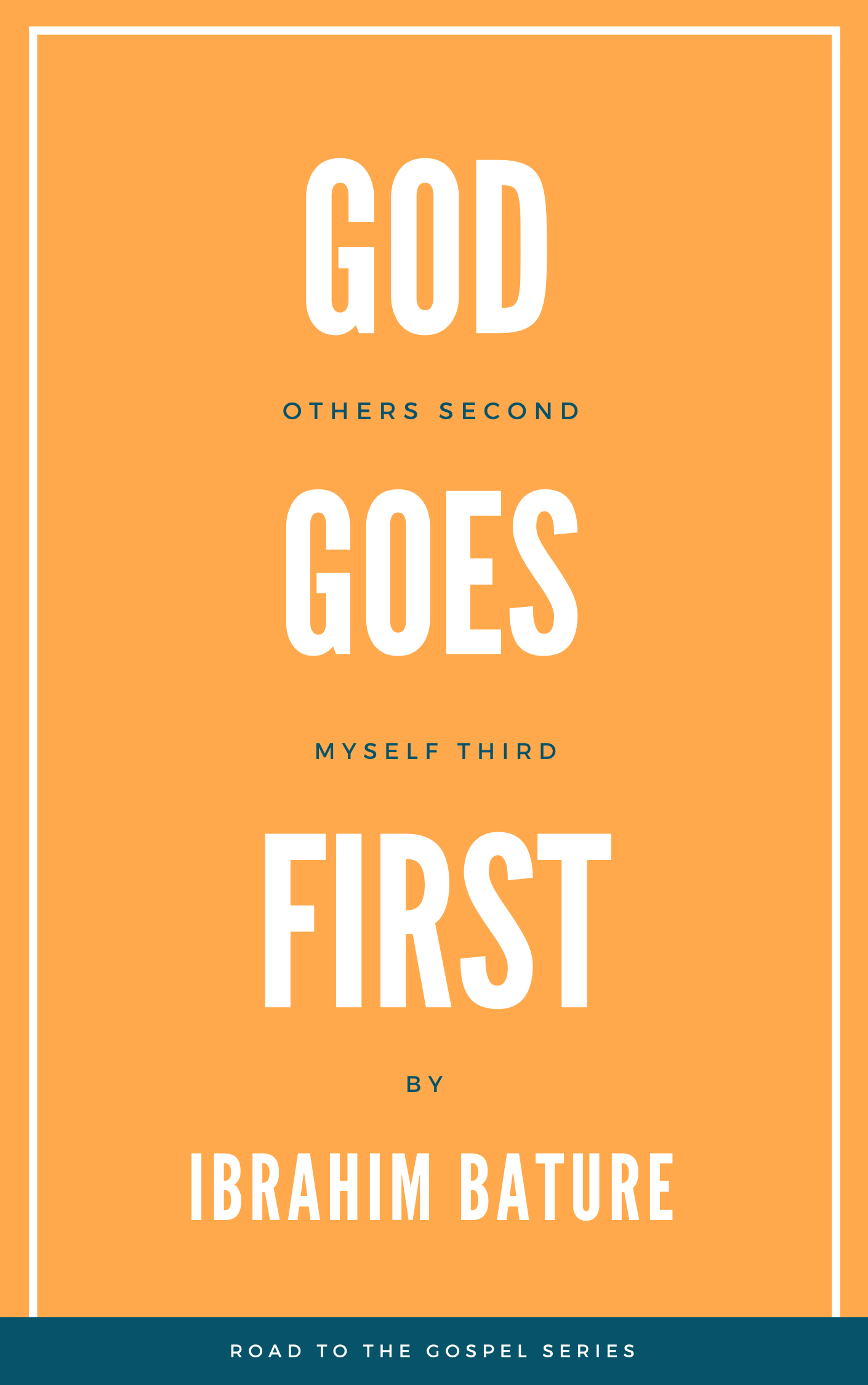
Growing Attracts
Christ the Goal
The gospel isn’t just a message: it’s the power of God to save and transform lives.
Growing into the gospel and Christ through Scripture is paramount, not only for the health of believers, but also because displaying Christ-like character is an integral part of the gospel message: it’s not just the words you use to evangelize, but also the heart with which you do it.
But in many places where persecution is strongest, Christians lack the resources to help them grow in understanding the Scriptures. We want to help fill that gap.
We do this in two ways:
1) Christ-Centered Discovery Bible Study Method
Many missions experts today are excited about the Discovery Bible Study method, because it allows believers to interact with the Scripture with a minimum of extra materials. In this method, a Bible Study group opens any text of Scripture and poses a series of stock questions about the text. These questions can be things like, “Is there a sin to avoid?”, “Is there a promise to claim?”, “Is there a command to obey?”
While these questions are good to ask, by themselves they generally don’t help us see how a given passage of Scripture points to Christ and the gospel. So we’ve developed a simple Christ-Centered Discovery Bible Study (DBS) method to help small groups see Christ as the goal of any passage of Scripture. The method has three steps and can be integrated into any DBS method. You can hear more about this exciting method in the audio at the left of the page, above the bookmark that explains the steps.
2) Traditional Group Bible Studies
In order to help believers dive deeply into the Scriptures, sometimes it’s helpful to provide specific questions and highlight specific themes. This requires not only a thorough knowledge of the Word, but also a robust understanding of the local believers’ cultural background and needs. We seek to provide guided Bible Studies that help believers to learn about the richness of God’s Word for their lives. An example of this is a Bible study on making God first, others second, and self third.






